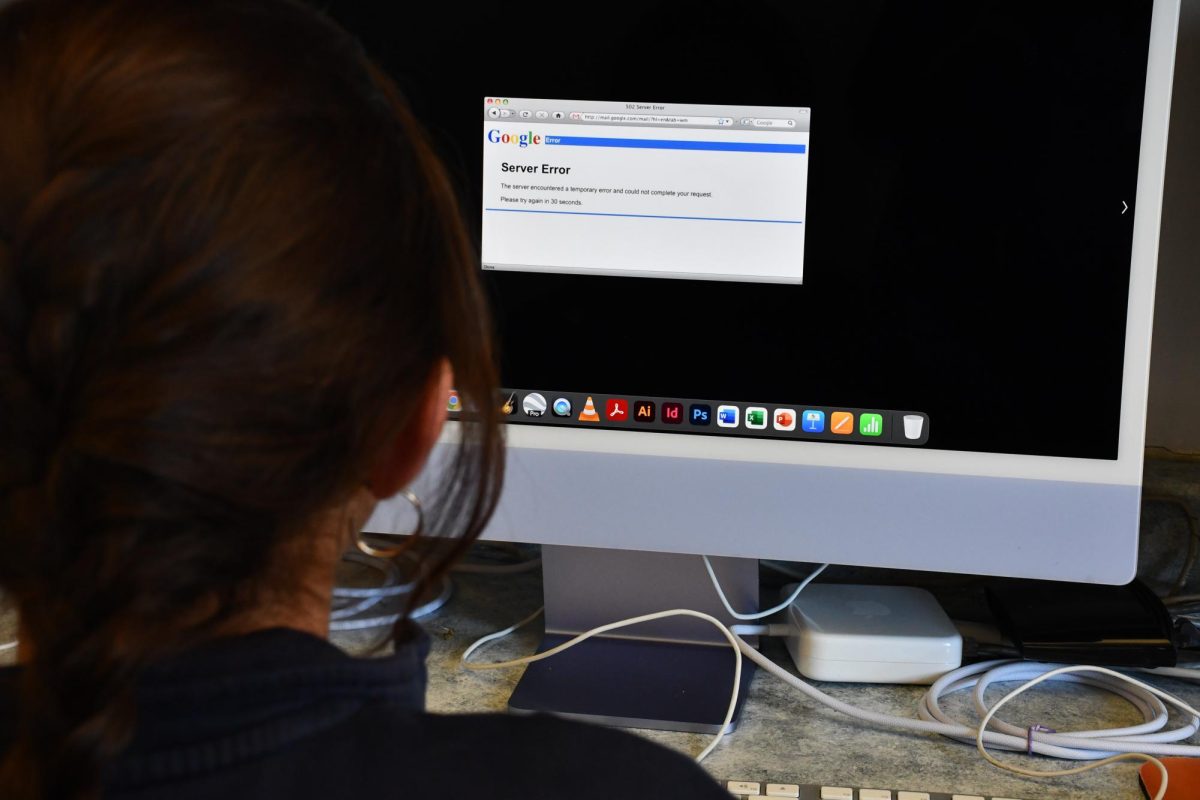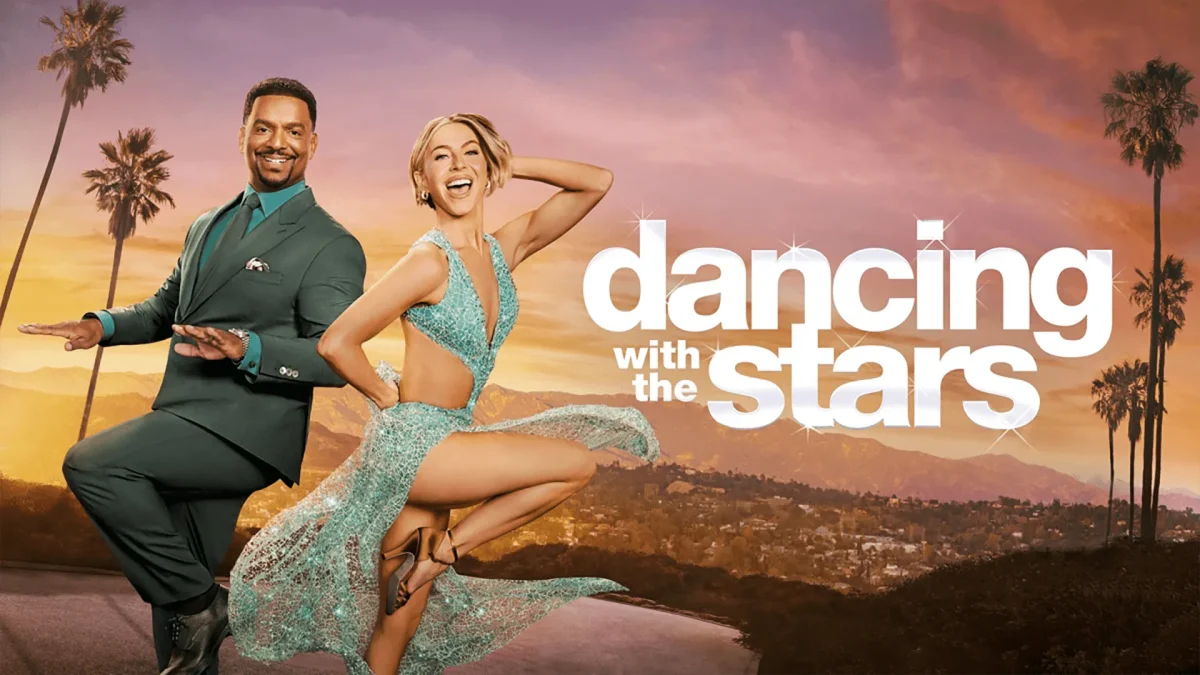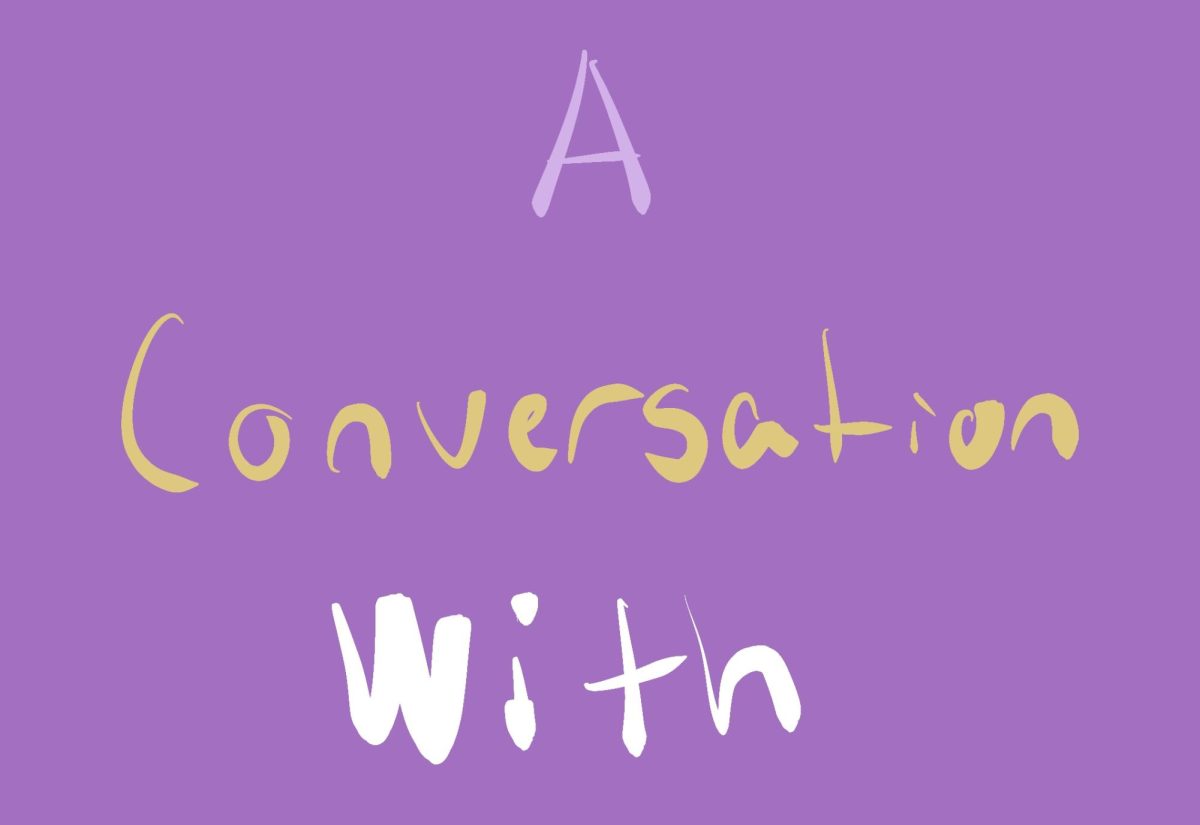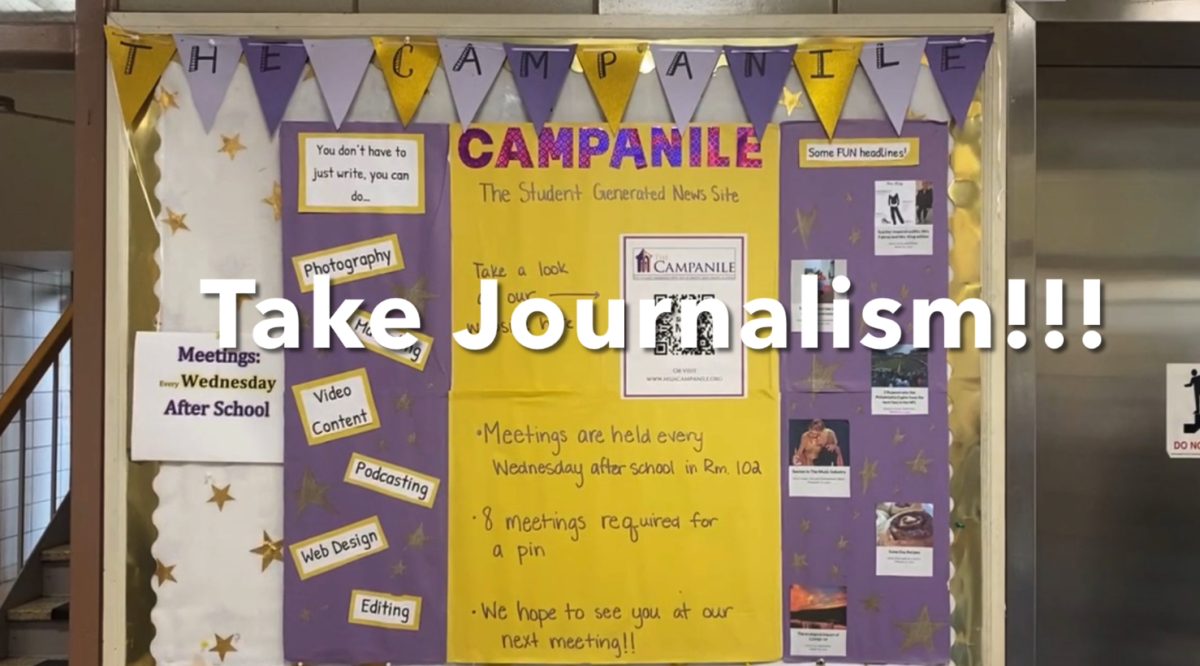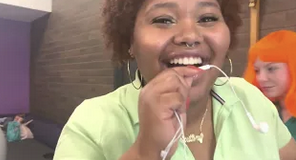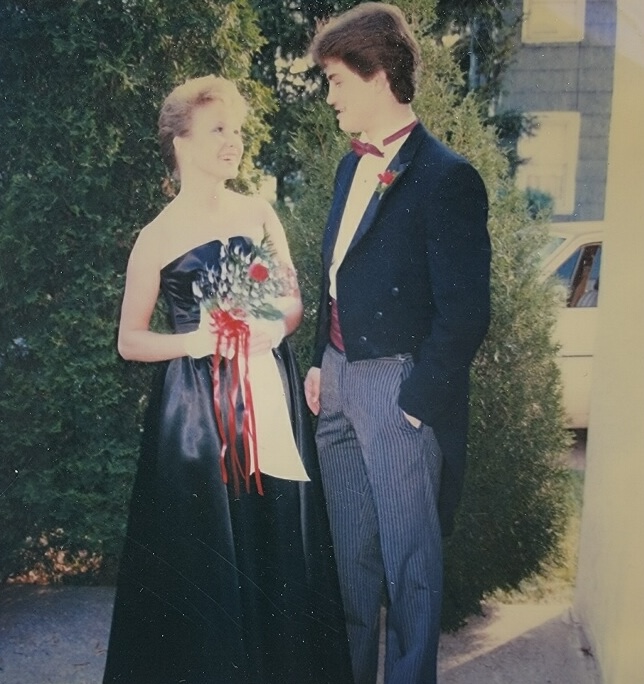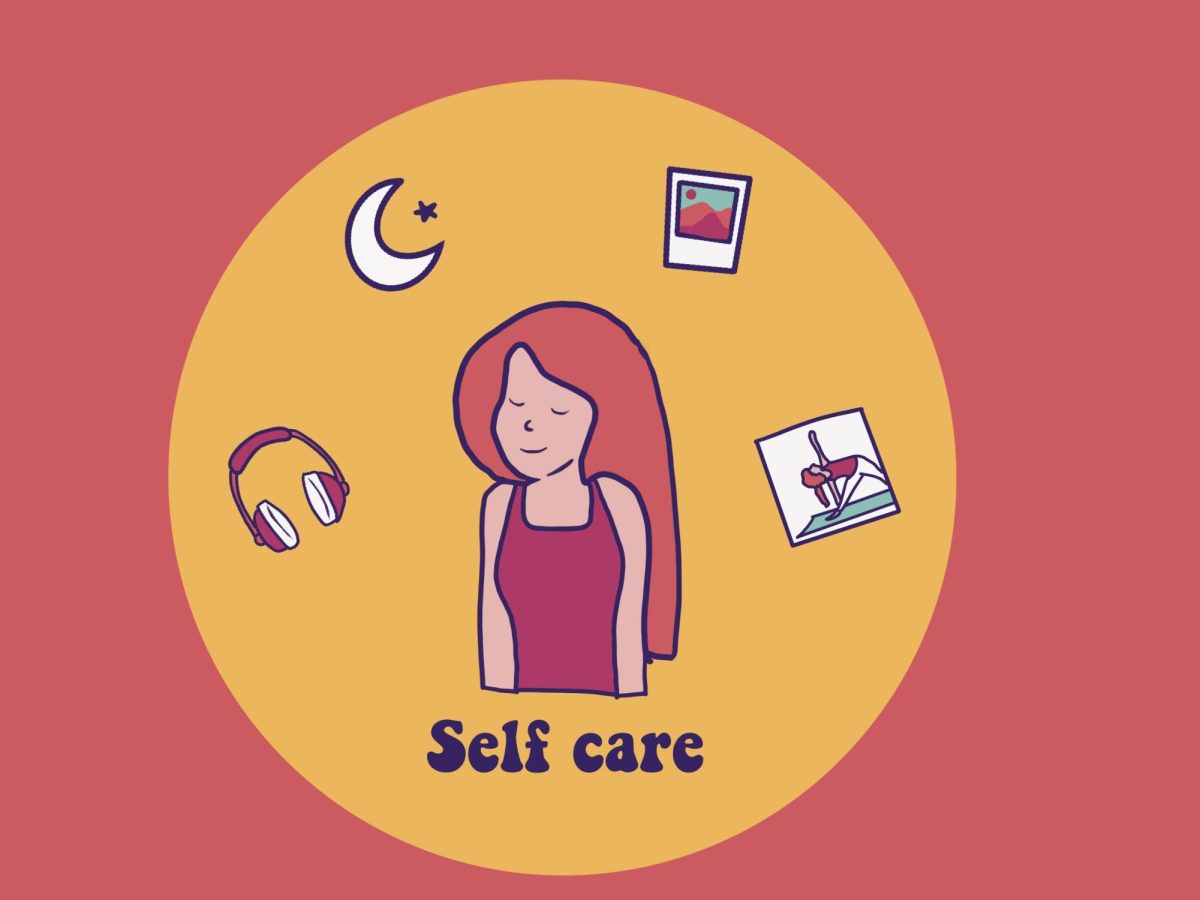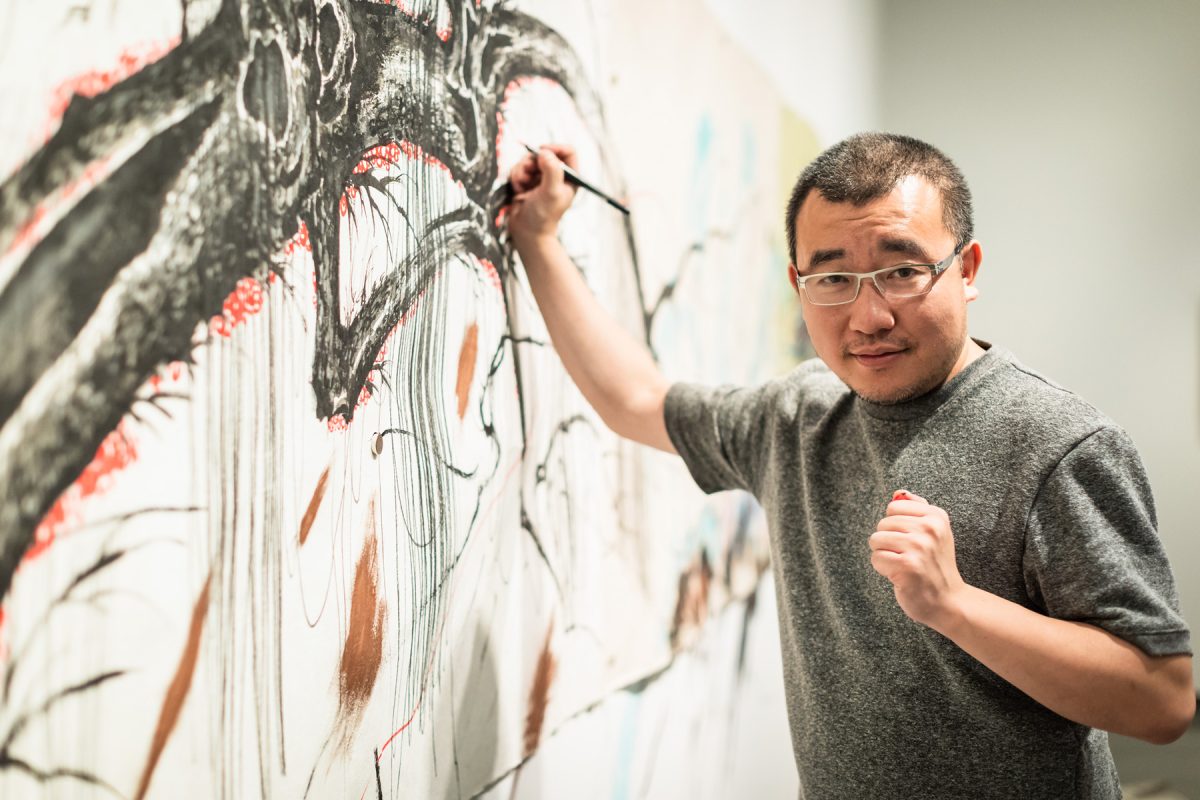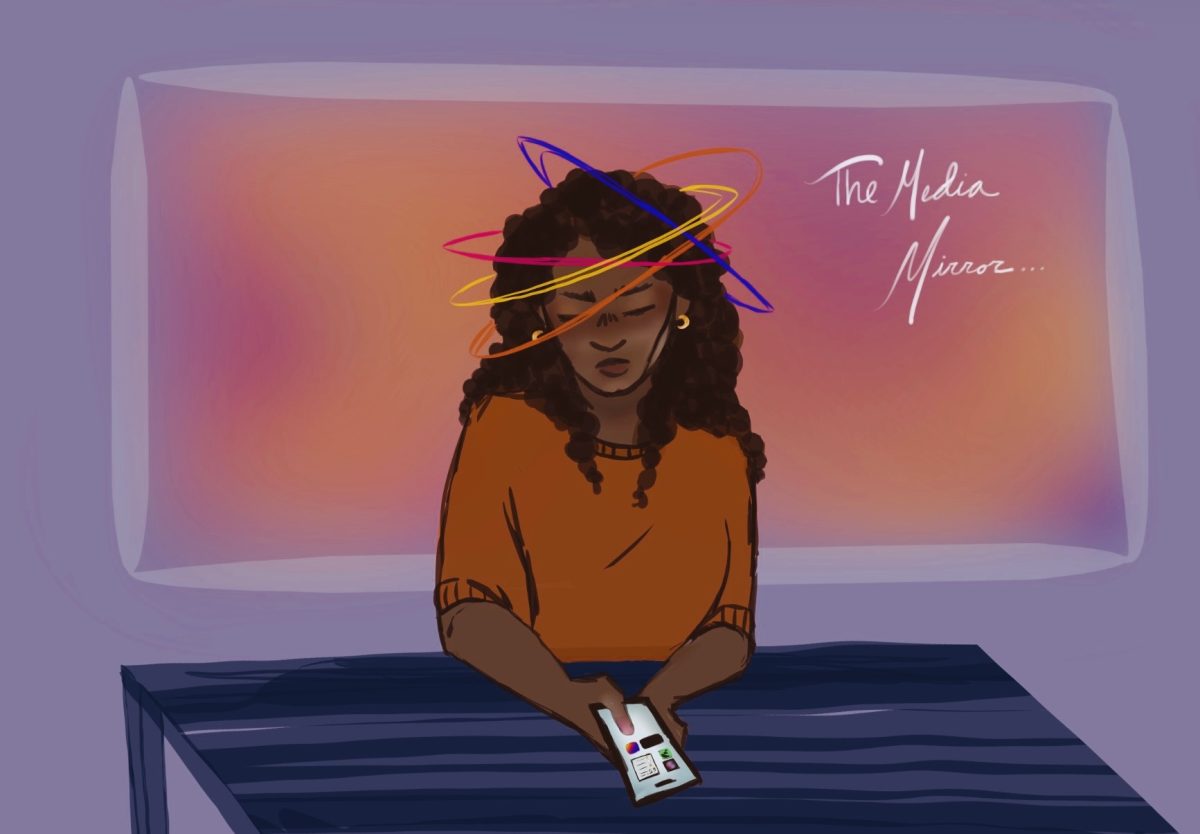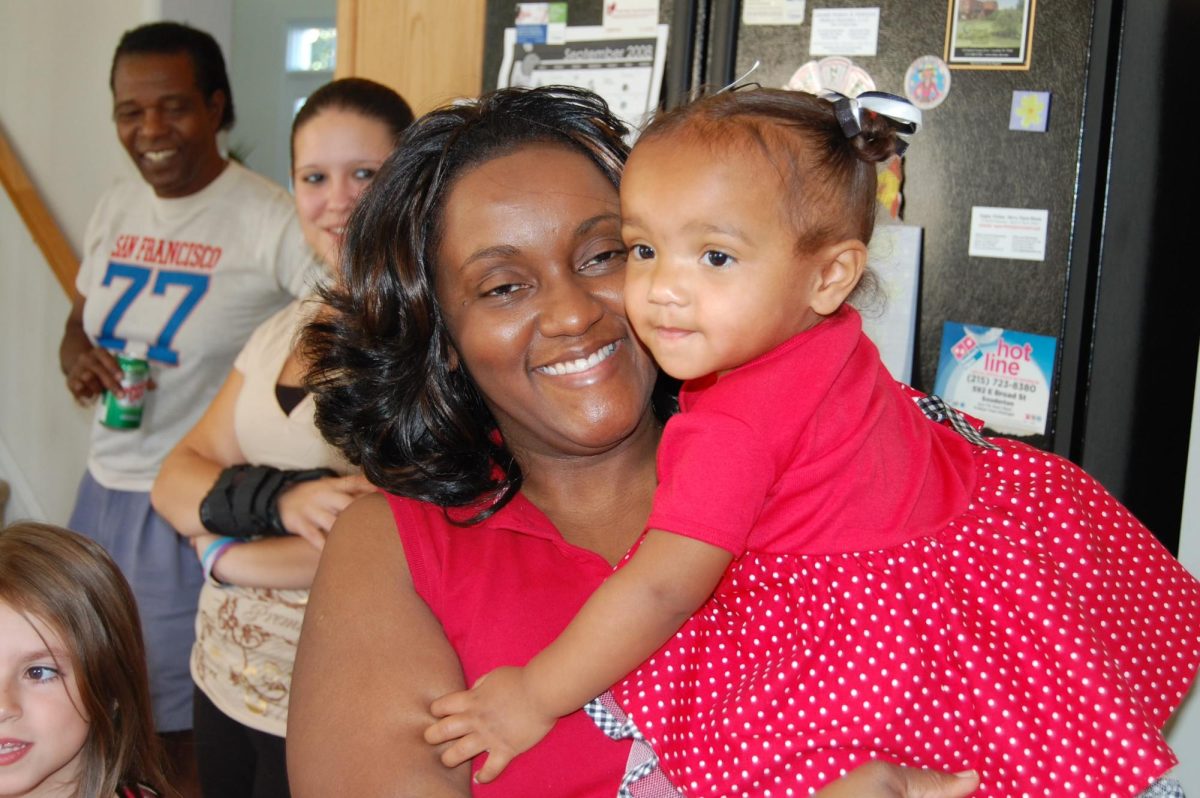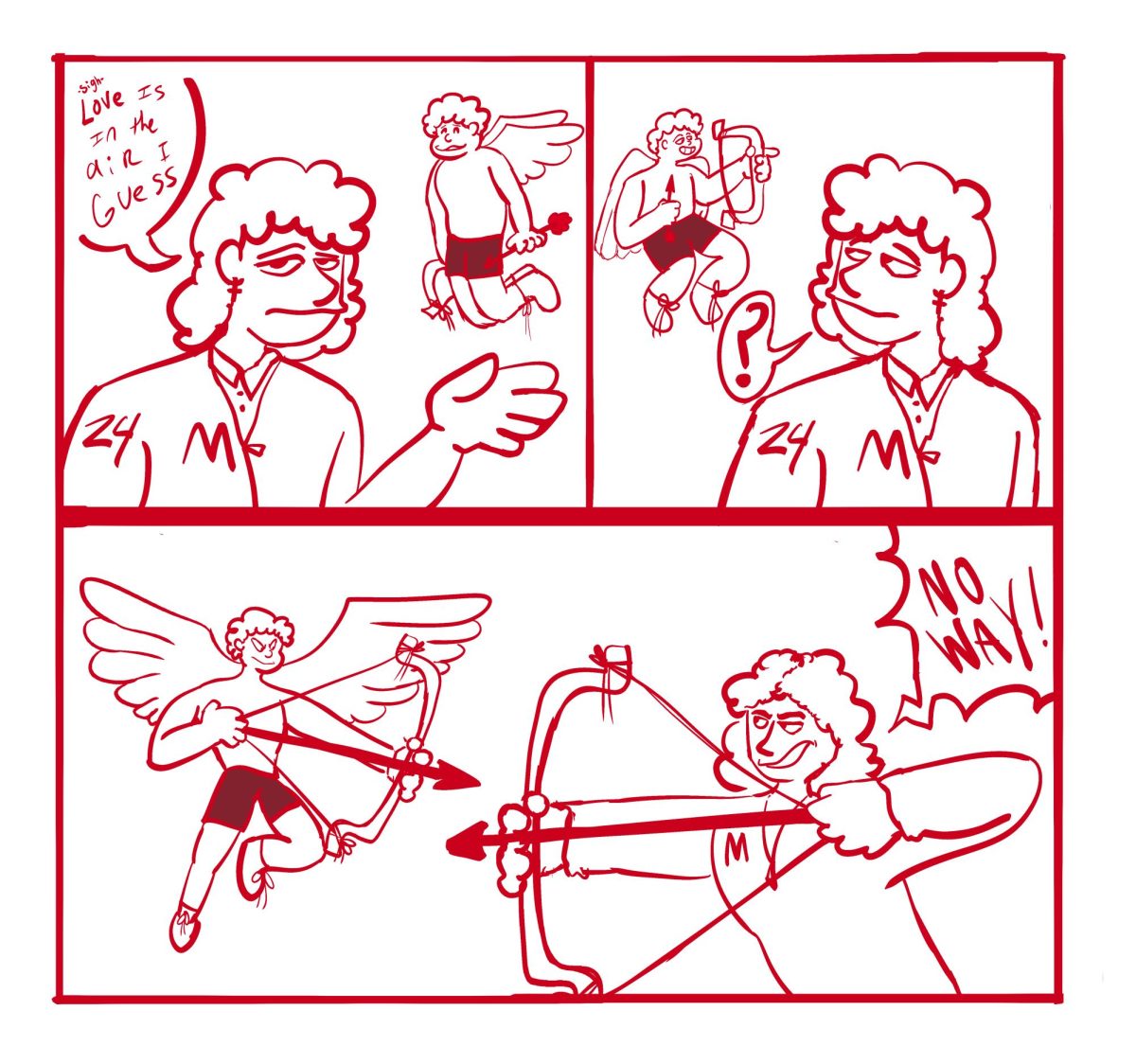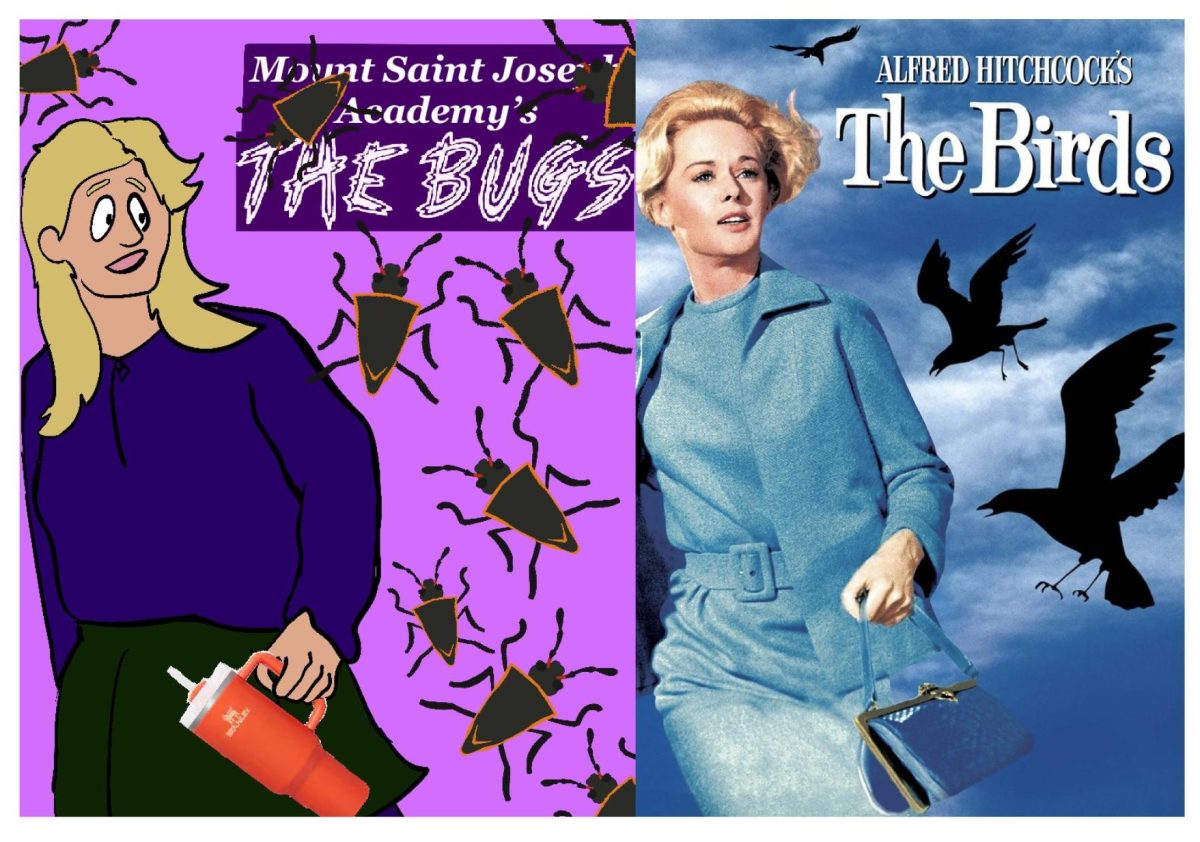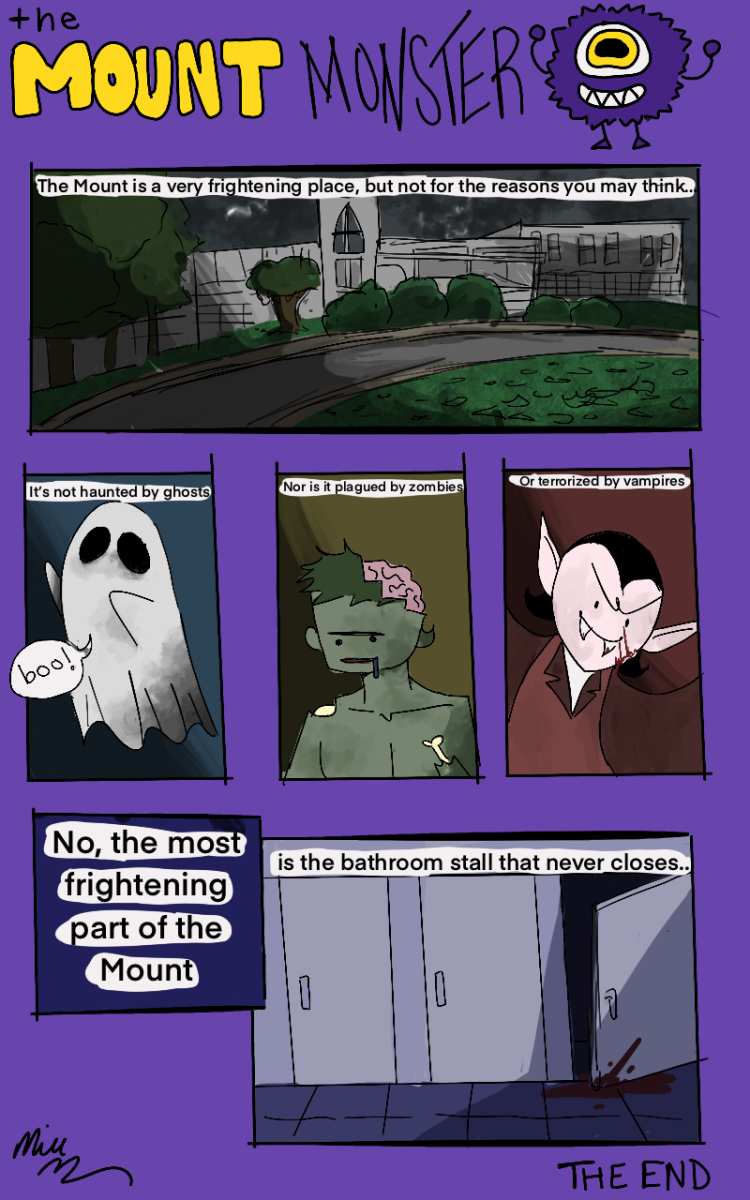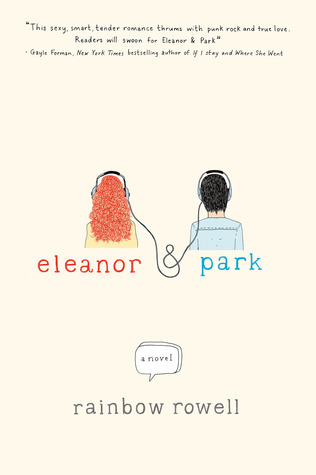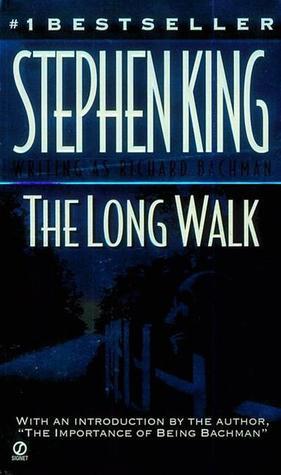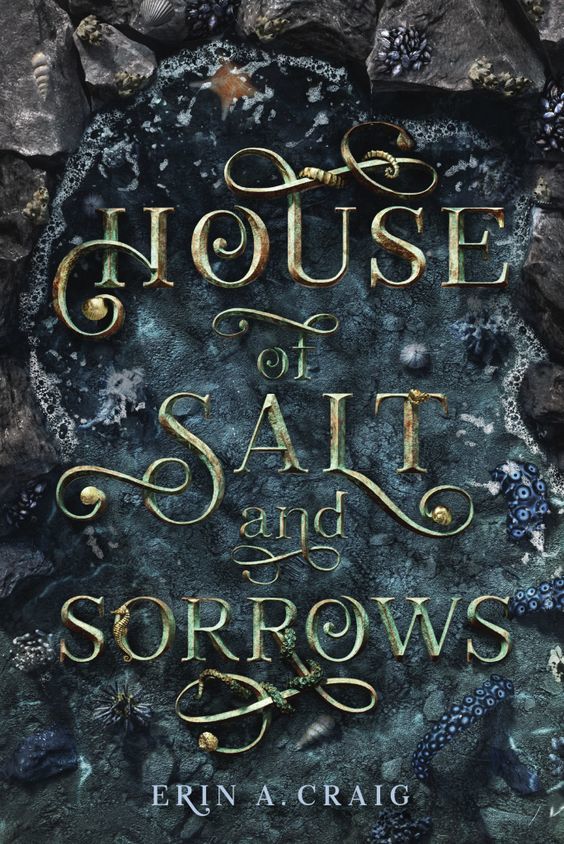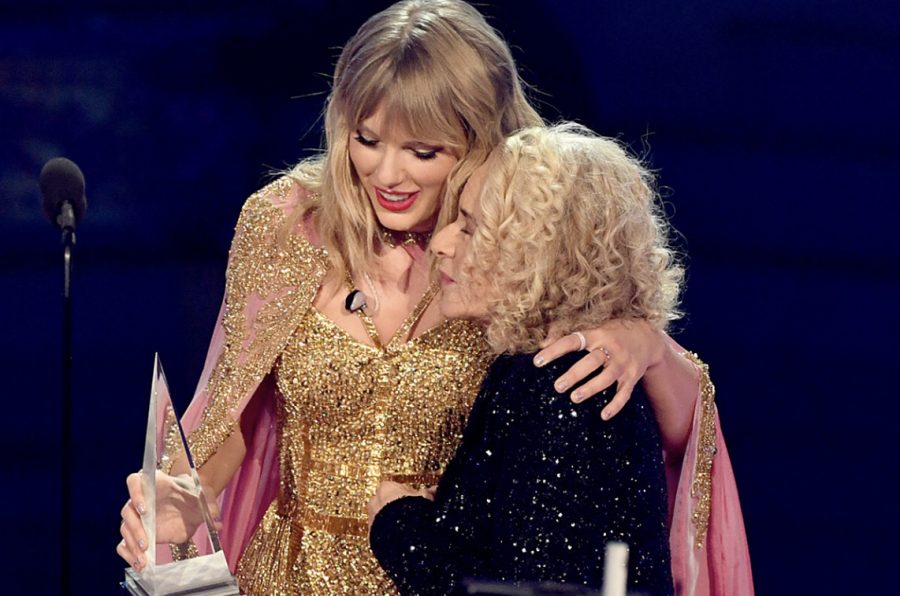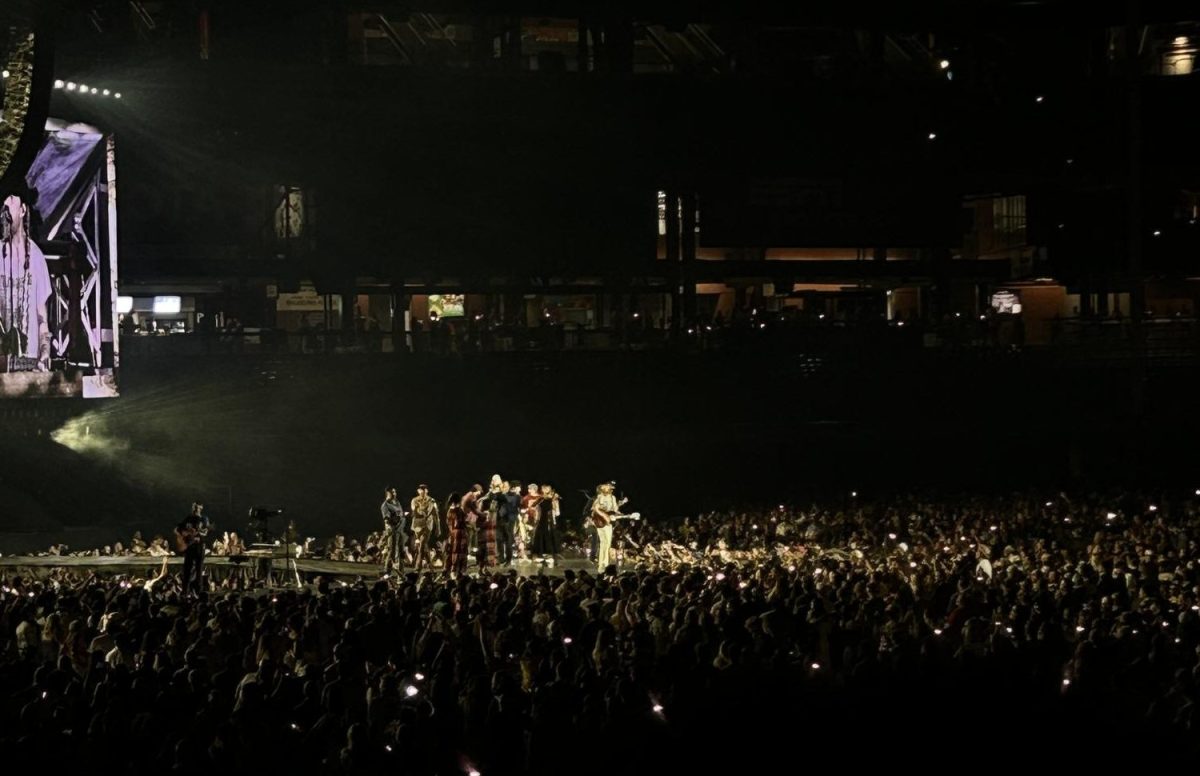Sexism In The Music Industry
A look at sexism in music across generations
Kevin Winter, Getty Images
Carole King and Taylor Swift after King presented Swift with the AMA Artist of the Decade at the 2019 AMA Awards
December 16, 2020
Music has been around in some form for all civilizations, and so has sexism. Bias against women can be seen throughout the history of music and it’s still prevalent today in all levels of the music industry.
Danielle Molan, Director of Music at the Mount, points out that sexism in music has been around for a long time, going all the way back to classical music in western history. She comments that people know male composers of classical music, but next to none know any female composers.
“Besides the lack of preserving the music of females, part of the problem lies in the fact that many talented and capable female composers did not feel they could succeed in such a field due to the culture of the time,” Molan remarks, “If they know their music will never be performed because of their gender, why try?“
While taking a look at modern reasons for the absence of female composers in history, Molan wonders, “Who decides what young musicians learn about in school? Is that decision made predominantly by men?”
Speaking on modern under-representation, Molan said that today’s female composers can be successful in their work, and can conduct, perform, and teach music; however, there’s still a very noticeable gap in female to male representation in music. For example, here in Philadelphia at The Cathedral Basilica of Saints Peter and Paul, a female director of music is employed, but it is one of the five cathedrals to employ a woman to that position. There are one hundred and ninety three Cathedrals in the United States.
“Like in many other fields, a female musician must prove herself in a different way than a male.” and unfortunately Molan says, “Only the truly exceptional make it, and even for them it is never easy.”
Outside of classical music, in a more modern setting, a few female musicians stand out as the ones who paved the way for women in the music industry today. Gina Princivalle ‘21, says, “When I think of sexism in the music industry the first women to come to my mind are Carole King, Joni Mitchell, and the Supremes. They were some of the first women to be big in the music industry and face sexism in the sixties and seventies.”
Princivalle is not the only one to recognize these women as the women who changed the industry for women. John Curry, an English teacher at the Mount, studied Carole King in grad school, and he speaks to her life as a female musician in the 60’s and 70’s.
Curry said, “King was a very successful songwriter with her husband Gerry Goffin . . . [She] assumed a more traditional and domestic role by raising their two daughters since the music industry was male-dominated with men generally writing and producing most of the popular songs on the radio.”
King lacked confidence in her ability as a performer and vocalist, but after her divorce, with support from Joni Mitchell, she overcame her insecurities and went on to become the musical icon we know her as today.
King made leaps and bounds for women in music, but that doesn’t mean they still don’t face struggle. Some of the biggest artists on the planet have opened up about their struggles as women in music, like global super-star Taylor Swift. In an interview with CBS Sunday Morning, Taylor Swift, spoke of the double standards faced by women.
“A man does something, it’s strategic. A woman does the same thing, it’s calculated,” Swift points out. “A man is allowed to react, a woman can only overreact.”
These challenges faced by women on some of the biggest stages in the world, also apply to those in our local communities. Maggie Pensabene ‘22, who is involved in theatre, Glee Club and Sweet Madelines, has already seen sexism in her involvement with music. Pensabene says that she has worked with directors who would, “often favor the male leads and be extra hard on the females who, in my opinion, were working harder.”
The double standards placed on women in music are seen just as plainly in musical theatre as they are in mainstream music. The emphasis placed on women’s bodies, especially in music, “Can be super detrimental to the mental health of young women who are working just as hard and are just as talented and don’t get the same opportunities,” Pensabene said..
Female musicians have paved the way for other women to be successful in ways they never could before, but unfortunately, there is still a long way to go in the fight for equality for all women in music.

